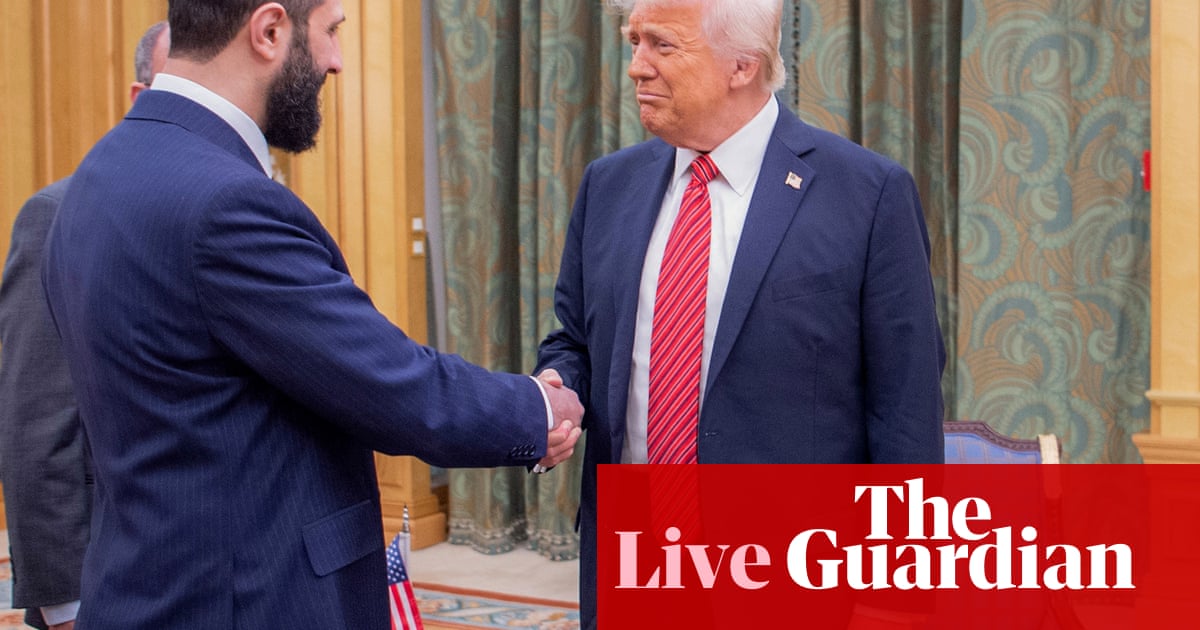Lifting Sanctions on Syria: A New Dawn or a Troubling Shift?
The recent announcement by Donald Trump regarding the lifting of sanctions on Syria has ignited debates across political and diplomatic circles. Trump characterized this move as a potential opportunity for Syria to achieve “greatness.” He emphasized that the sanctions had been “crippling” and expressed optimism about normalizing relations with the war-torn nation.
Context of U.S. Sanctions Against Syria
The sanctions against Syria were first imposed in response to the brutal crackdown by Bashar al-Assad’s regime on peaceful protesters beginning in 2011. This geopolitical maneuver aimed to pressure the Assad regime, highlighting human rights abuses and the government’s violent repression. Over the years, the U.S. has strictly maintained these economic embargoes, viewing them as a necessary tool to limit Syria’s military capabilities and deter hostile actions in the region.
Trump’s Diplomatic Strategy
In recent statements, Trump has articulated his desire for a more engaged U.S. foreign policy approach, contrasting sharply with previous administrations. During his discussions with leaders from Saudi Arabia and Turkey, Trump prompted the lifting of sanctions, asserting that it could pave the way for Syrian recovery and reconstruction. He linked this strategy to the broader vision of a "thriving Middle East."
The Abraham Accords and Future Relations
One of the noteworthy aspects of Trump’s remarks is his call for Syria to embrace the Abraham Accords, which facilitated normalization between Israel and several Arab states, including the UAE and Bahrain. This diplomatic agreement is significant as it represents a shift in the Arab-Israeli conflict dynamics, potentially providing a roadmap for Syria’s reintegration into regional politics. By aligning with these accords, Trump posits that Syria could take steps toward legitimacy and better economic prospects.
The Role of Regional Allies
The announcement has stirred reactions not only from the U.S. but also from regional players. Turkey’s President Recep Tayyip Erdoğan has expressed appreciation for Trump’s decision, framing it as a historic turning point. The support of influential countries like Saudi Arabia and Turkey is crucial, as their backing lends credence to the new Syrian leadership under interim President Ahmad al-Sharaa, who was previously associated with rebel groups.
Economic Implications of Sanctions Lift
The lifting of sanctions opens up potential avenues for Syrian oil and gas investments, a point emphasized by al-Sharaa during discussions with Trump. The Syrian government is eager to showcase opportunities for American businesses while ensuring that the terms align with U.S. interests and human rights considerations. This pivot could facilitate a significant influx of foreign investment, potentially aiding in the reconstruction of a war-ravaged economy.
Reactions from the U.S. Domestic Sphere
Domestically, reactions to Trump’s move are mixed. Some view it as an overdue step towards reconciliation in the region, although many critics worry about the implications of engaging with a regime that has been responsible for extensive human rights abuses. The complexity of political dynamics in Syria makes this a contentious decision, leading to debates about ethical foreign policy versus pragmatic alliances.
Consequences for U.S.-Iran Relations
Furthermore, Trump has linked his overtures to Syria with broader discussions surrounding Iran. He demands that Iran discontinue its “sponsorship of terror” and cease its nuclear ambitions in exchange for potential diplomatic negotiations. This connection underscores the volatile nature of Middle Eastern politics, where the interplay of alliances can swiftly shift based on strategic interests.
Future of U.S. Policy in Syria and Beyond
As Trump proceeds with his Gulf tour, the eyes of the world remain fixed on how these diplomatic maneuvers will unfold. The administration’s approach reflects an evolving narrative in Middle Eastern geopolitics, highlighting the importance of economic integration, security partnerships, and the strategic significant role of historical relationships.
Visualizing the Shift
Visual representations of these meetings, such as Trump’s interactions with regional leaders like al-Sharaa and Mohammed bin Salman, encapsulate the changing landscape of international relations in the region. The potential construction of a Trump Tower in Damascus symbolizes more than just economic interests; it encapsulates a broader narrative of rebuilding trust and creating new opportunities amidst decades of conflict.
As developments unfold, the implications of lifting sanctions on Syria reverberate beyond its borders, potentially reshaping not only Syrian governance but also the intricate web of Middle Eastern alliances. The world eagerly anticipates the outcomes of this dramatic policy shift and its impact on regional stability.


